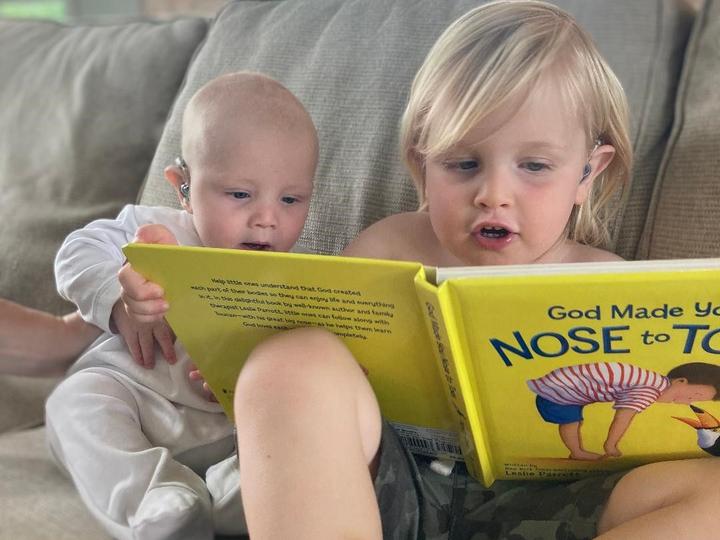Early Intervention
What is it?
Without extra help, children with hearing loss have problems learning language. These children can then be at risk for other delays (such as reading and writing delays). Families who have children with hearing loss often need to change their communication habits or learn special skills (such as sign language) to help their children learn language. These skills can be used together with hearing aids, cochlear or auditory brainstem implants, and other devices that help children hear.
Early Intervention for children with hearing loss help infants and toddlers (from birth to age 3 years) to learn language skills and other important skills. Research shows that early intervention services can greatly improve a child’s development.
Why is it important?
Babies who are diagnosed with hearing loss should receive early intervention services as soon as possible. Children who receive early intervention services by the age of 6 months achieve better language outcomes than those who enroll at a later age or those who do not receive services at all.
EHDI 1-3-6
According to the EHDI Guidelines, a child should receive a hearing screening no later than 1 month of age, a diagnosis no later than 3 months of age, and entry into early intervention services no later than 6 months of age.
Early Intervention Resources
Early intervention services will look different for each child, but might include a variety of free, private, or Medicaid-funded options from any of the following providers, as well as other audiologists or speech/language therapists across the state.
